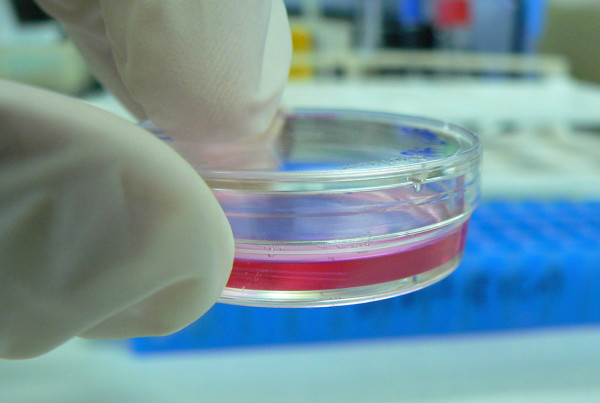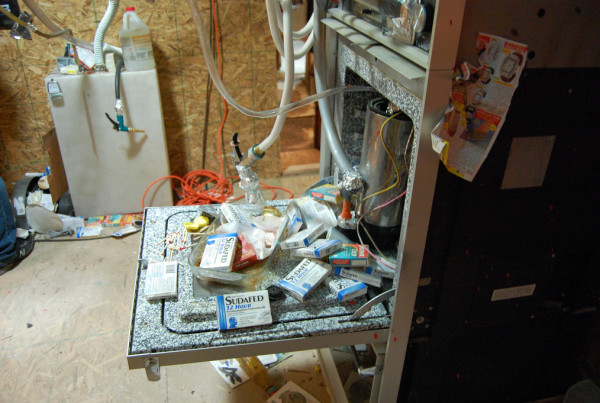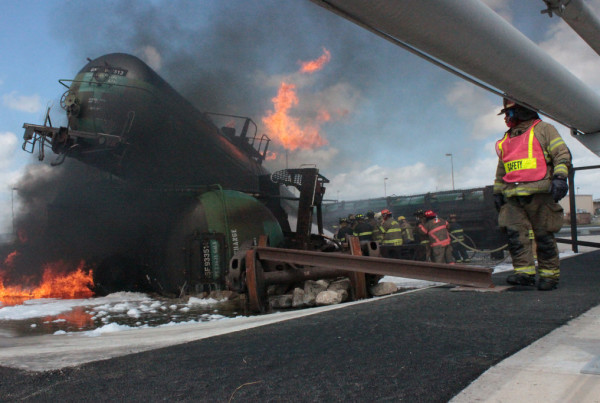Dr. Sara Grineski is one of the researchers behind the new study. She says the results line up with previous studies that looked at pollution and academic success. Past studies mainly looked at the link between air quality and how well children did on standardized tests, but this new study looked more specifically at grade point averages — or GPAs.
“There’s been a small body of literature in the U.S., mostly studies in Louisiana and California and Michigan, that have showed that the level of pollution at the school has an impact on the standardized test scores at that school,” Grineski says. “Building off that literature, we actually examined individual children’s grade point averages and then the level of pollution that surrounds their home.”
Grineski explained that while the study didn’t look at the effect of specific chemicals or industries on kids’ academic achievement, the data was broken down by the type of pollution.
“Instead of looking at different chemicals and how they may have related to the children’s GPA, we looked at the pollution from different sources,” she says. “The EPA provides data [showing] … on-road mobile pollution, which is from the cars and trucks … and non-road mobile pollution, which are things like pollution from airports, military bases, train yards, construction sites…”
Grineski says that while the new study shows a clear link between pollution and a decline in average GPAs, scientists still aren’t exactly sure how pollution impacts academic performance.
“There are sort of two primary pathways that could be connecting the level of air pollution to the children’s GPA,” Grineski says. “One of them is cognitive or developmental declines; there’s quite a bit of research that connects exposure to air pollution and air toxins to actual damage in the brain and cognitive and developmental problems. And then there’s another hypothesis that it does goes through illness. We know from the literature that if you’re exposed to a lot of pollution, you’re more likely to get sick and then, because you’re sick, you’re probably going to be missing school. And then maybe your grades suffer because of that.”
But there are a lot of different factors that can affect a children’s academic success — everything from their parent’s educational background to what language is spoken at home. So does this new study prove that air quality affects academic performance? Maybe.
“It’s difficult to prove anything statistically,” Grineski says. “But in our analysis … we do control for other factors that we know, based on the literature, relate to GPA. We control for the child’s level of poverty, the mother’s English proficiency, her level of educational attainment, if she was a teen mother or not when her child was born, the child’s sex, the child’s age, [and] the race and ethnicity of the mother.”
So the message coming out of the El Paso study is clear: increased pollution correlates with lower grade point averages. So what can parents do?
“Unfortunately there’s not a whole lot that can be done at the individual level,” Grineski says. “The most obvious thing is to not buy or rent a home near a major road, near an airport, near a factory… and also keep your children inside on days when the air quality is really bad. But our perspective on our research team is that the solutions to what we found in this study seem to rest more at the structural level in terms of the regulation of our air and the toxins in our environment. Companies that make vehicles don’t seem to often voluntarily clean up their production processes or reduce the emissions of their vehicles, so it seems like the solution must stem at least in part from changes to our regulation and pollution reduction policies nationwide.”















